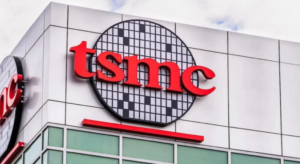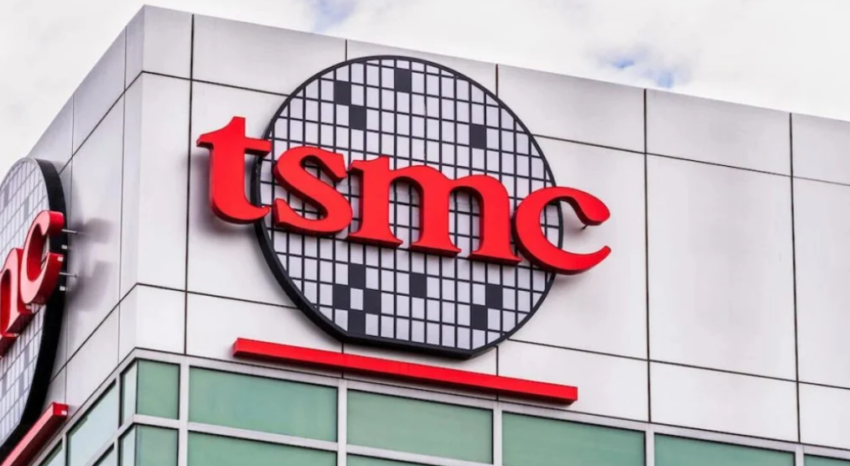The largest contract chip manufacturer in the world, Taiwan Semiconductor Manufacturing Co. (TSMC), has been exempted from US trade restrictions on China’s mainland for an indeterminate period of time. This exception allows TSMC to keep purchasing cutting-edge semiconductor equipment for its operations in China, marking a crucial turning point despite persistent problems with the global supply chain.
The “validated end-user” (VEU) program should be applied for, according to the Bureau of Industry and Security (BIS) of the United States Department of Commerce. With the help of this program, constraints on foreign chipmakers operating in China are made easier since the chipmaker may accept exports without further clearances. In order to streamline its operations, TSMC expressed confidence in securing a permanent permit through the VEU procedure.

This action comes after the Biden administration’s export restrictions from October 2022, which attempted to restrict China’s access to specific semiconductor chips produced globally using US methods. A one-year permission was obtained by TSMC last year for its Nanjing, China, unit that makes 28-nanometer chips. With the new waiver extension, TSMC’s operations are no longer plagued by uncertainty, allowing the business to efficiently organize its manufacturing procedures.
Similar indefinite waivers have also been granted to South Korean companies Samsung Electronics and SK Hynix, allowing them to sell US semiconductor equipment to their Chinese facilities without additional permits. These developments show how carefully the United States has balanced concerns about national security with the intricate interconnection of the world’s technological industry.
The activities of TSMC in the People’s Republic of China, including those at its plants in Shanghai and Nanjing, won’t be interrupted. Although specifics on the waiver’s term were not made available, the industry anticipated a one-year extension, in line with past trends.
The Biden administration’s efforts to address the problems caused by developing technology have led to this choice.
The government eased strict restrictions on company expansion in China by businesses getting federal money to develop operations in the US in an effort to boost local semiconductor manufacture. With US subsidies for their new plants, TSMC and Samsung will both gain a competitive edge and support the US technological ecosystem.
Following the news, TSMC’s Taipei-listed shares finished higher, reflecting a favorable market tone. These achievements highlight the delicate balance between international collaboration and protecting national interests in the field of advanced semiconductor technologies as the global technological environment continues to change.
